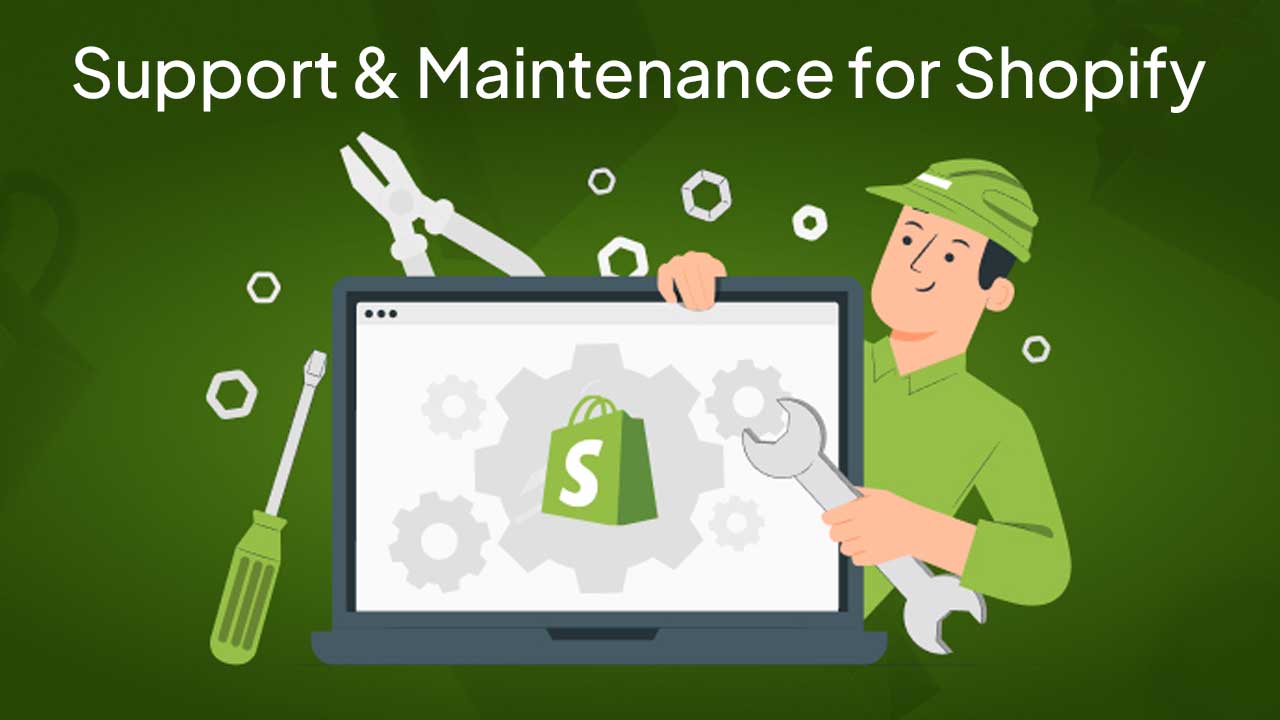Community Engagement Methods
Welcome to the exciting world of community engagement methods! In this comprehensive guide, we’ll delve deep into various strategies and techniques aimed at fostering stronger connections within communities. Whether you’re a community leader, organizer, or simply passionate about building meaningful relationships, this article will equip you with the knowledge and tools to make a positive impact.
Define the Concept of Community Engagement
Community engagement refers to the process of involving individuals or groups in activities, discussions, and decision-making processes that affect them. It’s about empowering communities to actively participate in shaping their future, fostering a sense of ownership, belonging, and accountability.
Importance of Community Engagement
Community engagement is crucial for several reasons. Firstly, it promotes inclusivity and diversity, ensuring that all voices are heard and represented. Secondly, it strengthens social cohesion and resilience, creating a supportive network that can address challenges and seize opportunities collectively. Additionally, community engagement leads to more informed decision-making and better outcomes, as solutions are tailored to the specific needs and preferences of the community.
Types and Categories of Community Engagement
Community engagement can take various forms, depending on the goals, context, and stakeholders involved. Some common types include:
Consultation: Seeking input and feedback from community members on specific issues or projects.
Collaboration: Working together with community partners to achieve shared goals and objectives.
Empowerment: Building capacity and leadership within communities to take action and drive change.
Advocacy: Championing causes or policies that benefit the community and addressing systemic issues.
Celebration: Organizing events and activities to foster a sense of belonging and pride.
Symptoms and Signs of Effective Community Engagement
Identifying effective community engagement requires keen observation and understanding of key indicators. Some signs of successful community engagement include:
Active Participation: High levels of involvement and enthusiasm from community members.
Trust and Transparency: Open communication channels and a trusting relationship between stakeholders.
Impact and Results: Tangible outcomes and positive changes resulting from community-led initiatives.
Inclusivity and Diversity: Representation and involvement of diverse voices and perspectives.
Sustainability: Long-term commitment and continuity in community engagement efforts.
Causes and Risk Factors of Poor Community Engagement
On the flip side, ineffective community engagement can stem from various factors, including:
Lack of Communication: Poorly communicated goals, expectations, or processes leading to confusion and disengagement.
Power Imbalance: Unequal distribution of resources, influence, or decision-making authority marginalizing certain groups within the community.
Resistance to Change: Fear, skepticism, or inertia hindering participation and collaboration.
Limited Resources: Insufficient funding, expertise, or support inhibiting meaningful engagement efforts.
External Pressures: Political, economic, or social factors influencing agendas and priorities outside the community’s control.
Diagnosis and Tests for Successful Community Engagement
Assessing the effectiveness of community engagement requires a multifaceted approach, including:
Surveys and Feedback: Soliciting input and opinions from community members through structured surveys or informal conversations.
Metrics and Indicators: Tracking key performance indicators (KPIs) such as participation rates, satisfaction levels, and impact assessments.
Stakeholder Analysis: Mapping out the various stakeholders involved in community engagement efforts and their interests, influence, and relationships.
Case Studies and Best Practices: Learning from successful examples and adapting strategies to fit the unique context and needs of the community.
Continuous Improvement: Iteratively evaluating and refining engagement strategies based on feedback and lessons learned.
Treatment Options for Enhancing Community Engagement
Improving community engagement requires a proactive and holistic approach, incorporating:
Communication and Outreach: Clear, consistent, and culturally sensitive communication channels to reach diverse audiences and facilitate dialogue.
Capacity Building: Providing training, resources, and opportunities for skill development to empower community members to take on leadership roles and drive change.
Partnerships and Collaboration: Forming alliances with other organizations, institutions, and stakeholders to leverage expertise, resources, and networks.
Innovation and Experimentation: Experimenting with new technologies, platforms, and approaches to engage audiences in innovative and interactive ways.
Evaluation and Reflection: Regularly evaluating the effectiveness of engagement efforts and soliciting feedback from participants to identify areas for improvement and adaptation.
Preventive Measures for Sustainable Community Engagement
To sustainably engage communities, it’s essential to:
Build Trust and Rapport: Invest time and effort in building authentic relationships with community members based on mutual respect, empathy, and integrity.
Promote Diversity and Inclusion: Ensure that engagement processes are inclusive, accessible, and respectful of diverse perspectives, backgrounds, and experiences.
Foster Ownership and Empowerment: Empower community members to take ownership of engagement initiatives and become active participants in decision-making processes.
Facilitate Collaboration and Cooperation: Create opportunities for collaboration, dialogue, and collective action, fostering a sense of shared purpose and solidarity.
Adaptability and Flexibility: Remain open to feedback, adapt to changing circumstances, and continuously iterate engagement strategies based on lessons learned and evolving needs.
Personal Stories and Case Studies
To illustrate the real-life impact of community engagement, let’s explore a few inspiring case studies:
1. Community Garden Project: In a suburban neighborhood facing food insecurity and social isolation, residents came together to create a community garden. Through collaborative planning, fundraising, and hands-on gardening workshops, they transformed an unused plot of land into a vibrant green space that not only provided fresh produce but also fostered a sense of community pride and connection.
2. Youth-Led Advocacy Campaign: Concerned about the lack of recreational facilities for young people in their town, a group of high school students launched a grassroots advocacy campaign. They organized petition drives, town hall meetings, and social media campaigns to raise awareness and mobilize support for a new skate park. Despite facing initial skepticism and bureaucratic hurdles, their persistence and passion paid off when local authorities allocated funding for the project, demonstrating the power of youth-led activism and community solidarity.
Expert Insights and Advice
We reached out to Dr. Sarah Jones, a leading expert in community development and social change, for her insights on effective community engagement. According to Dr. Jones, “Building authentic relationships and fostering a sense of belonging are key to successful community engagement. It’s not just about ticking boxes or checking off deliverables but genuinely listening to people’s needs, aspirations, and concerns, and co-creating solutions together.”
Conclusion
In conclusion, community engagement is not just a buzzword or a box to tick—it’s a fundamental approach to fostering inclusive, resilient, and empowered communities. By investing in meaningful relationships, promoting participation and collaboration, and embracing diversity and innovation, we can create positive change that lasts for generations to come.









